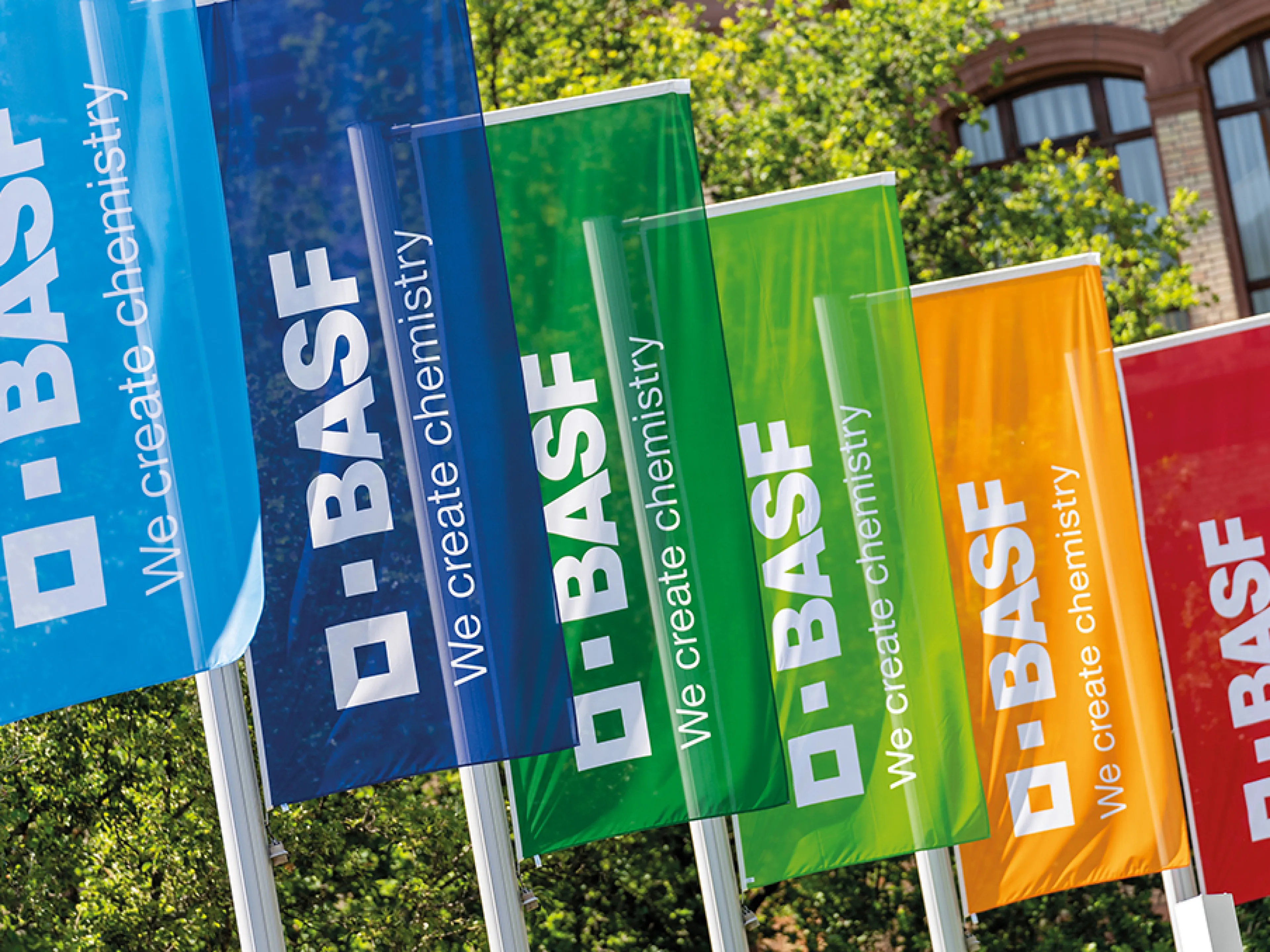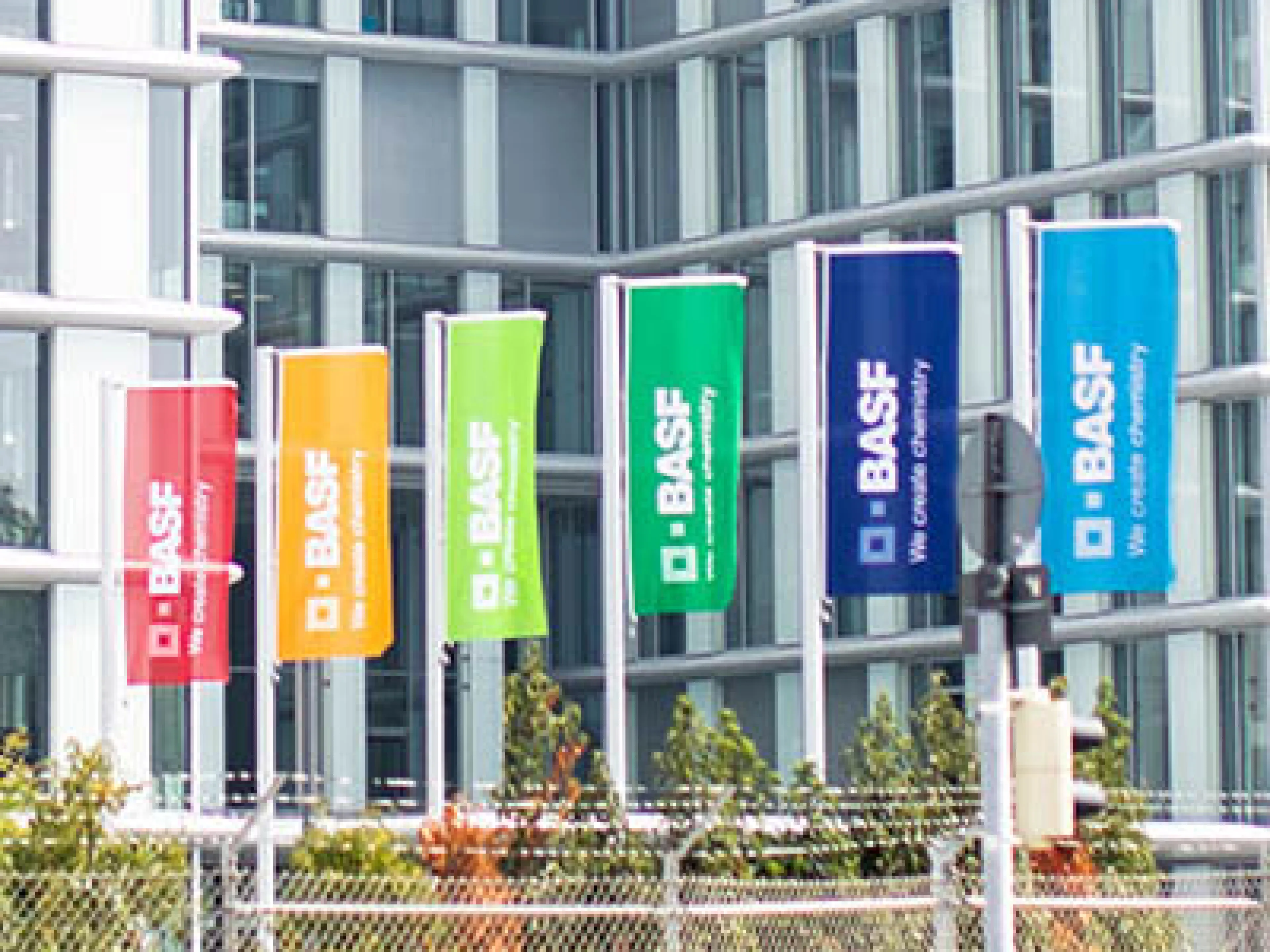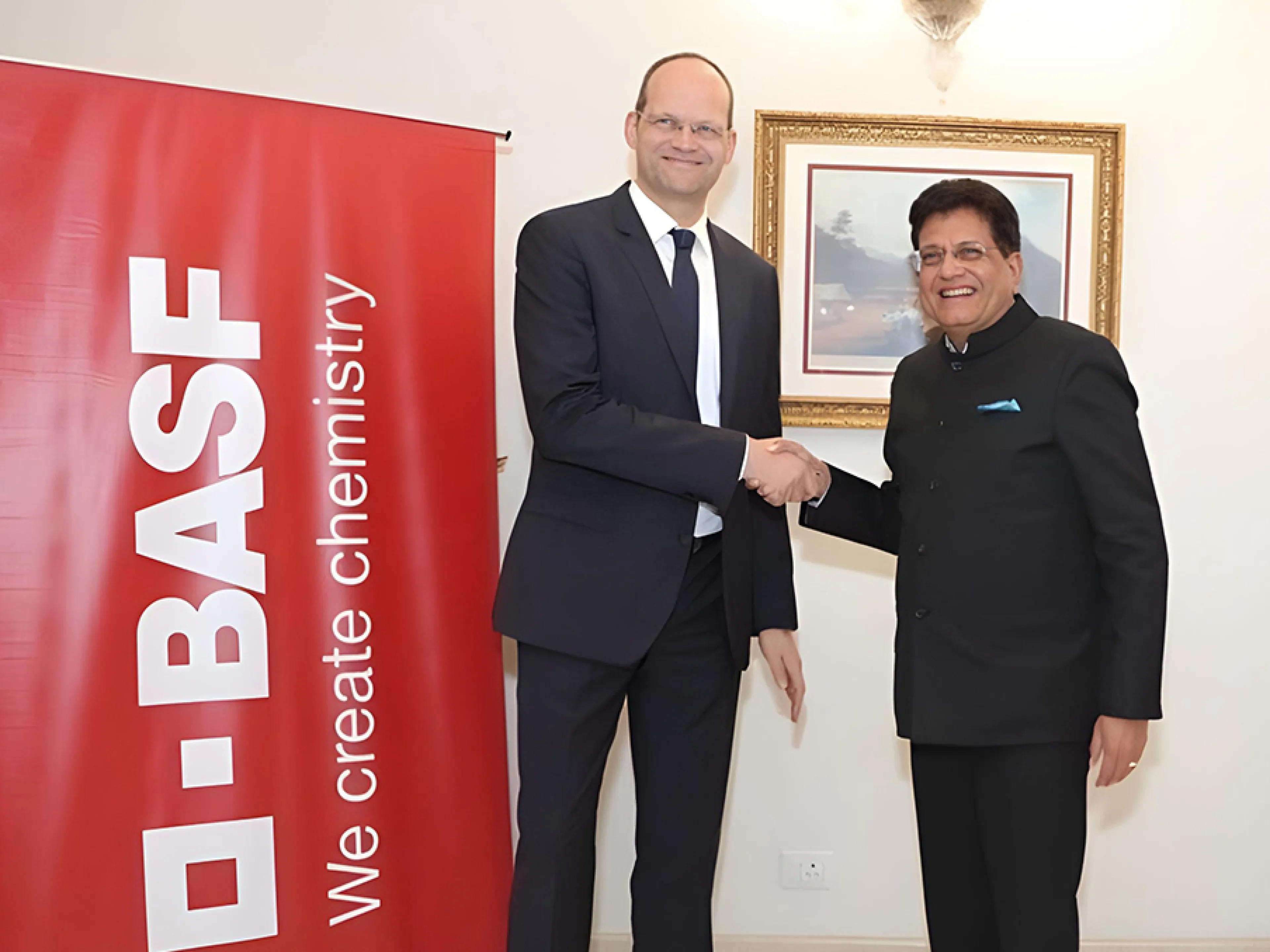
In the fourth quarter of 2023, BASF initiated the process to sell its shares in the two joint venture companies Markor Chemical Manufacturing and Markor Meiou Chemical in Korla, in the center of the Xinjiangin Uyghur Autonomous Region in China. The chemical company justifies this step with sustainability efforts and the reduction of its CO2 footprint. However, the media had reported human rights violations, which are now leading to the acceleration of the sales process.
According to the company, the situation in the Xinjiang region is always part of BASF's overall assessment of its joint ventures in Korla. Regular due diligence measures, including internal and external audits, have not revealed any evidence of human rights violations in the two joint ventures. Nevertheless, recently published reports on the joint venture partner contain serious allegations pointing to activities that are not in line with BASF's values. Therefore, the chemical company will accelerate the ongoing process to divest its shares in the two joint ventures in Korla, subject to negotiations and the necessary approvals from the relevant authorities. It should be noted that, even in the context of the published reports, BASF has no evidence that employees of the two joint ventures in Korla were involved in human rights violations. The latest reports relate to the joint venture partner in which the company does not hold any shares.
Reducing CO2 emissions for BDO portfolio
As part of BASF's global strategy for 1,4-butanediol (BDO), BASF has analyzed the market environment and the carbon footprint of BDO and downstream products at various production sites worldwide. The BDO value chains are under increased competitive pressure and are characterized by global overcapacities. In addition, the coal-based BDO and polytetrahydrofuran produced in Korla have a significantly higher carbon footprint because coal is used as a raw material and the production process is energy-intensive. Going forward, BASF will adapt its global portfolio of BDO and related downstream products to offer competitive low carbon footprint offerings.
BASF maintains business activities and investments in China
BASF's presence in China remains otherwise unchanged, and the company is fully committed to its business activities and planned investments in China, such as the construction of a syngas plant at the Verbund site in Zhanjiang. The Greater China region already accounts for around half of global chemical production. Global growth in chemical production until 2030 will be driven by Greater China, which will account for around 80 percent of total growth in the period from 2022 to 2030.









